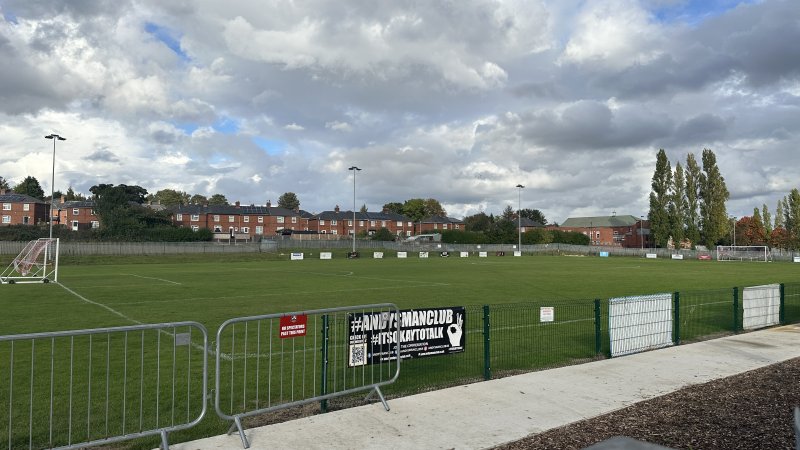TRANSFORMATIONAL funding which has already paved the way for Barnsley’s highways and public transport infrastructure to be improved for the longer term is set to be increased following the success of a series of schemes across the town.
The City Region Sustainable Transport Settlement (CRSTS) has resulted in £570m being poured into South Yorkshire since 2022, with £70.3m alone ring-fenced for Barnsley as part of the first tranche of the scheme.
However, according to Barnsley Council papers, the second tranche which will see funding arriving by 2027 is set to be discussed by ruling cabinet members as soon as March.
According to the government, the second tranche could more than double the first, with almost £4bn being shared by the north’s six mayoral authorities.
Active travel hubs in Darton and Goldthorpe have already been completed thanks to the first round of cash, while a cycling corridor between the town centre and Royston via Smithies is due for completion in the spring.
The ‘River Dearne Long Route’ which includes improved walking and cycling provisions along the A61 Wakefield Road, A633 Grange Lane and A628 Pontefract Road has also provided better wayfinding signage, streetlight replacements and resurfaced routes.
Ongoing projects include bus corridor work on Old Mill Lane, Grange Lane and Wombwell Lane.
A SYMCA report said: “The City Region Sustainable Transport Settlement (CRSTS) is a government funding stream, starting in 2022 and renewing every five years.
“SYMCA has developed long-term strategies to integrate local transport priorities, including rail station improvements, local road network interventions and new active travel routes.
“The government expects proposals to be ambitious while still ensuring value for money and longevity of new and existing transport infrastructure.
“To this end, we consider how their current funding and other potential funding sources available to them could be used in conjunction with CRSTS funding to achieve their transport ambitions when developing their proposals.
“All authorities are required to show how they will support delivery of the government’s ambition for disabled people to have the same access to transport as everyone else, and to be able to travel confidently, easily and without extra cost.”
Future headline schemes will include a park-and-ride facility at Penistone’s railway station and work on the Trans Pennine Trail, although the Chronicle understands an ambitious plan to restore the so-called North Midland Line to run passenger rail services from Barnsley Interchange to Wakefield Kirkgate via a freight route via Lundwood and Swinton has been placed on the back-burner.
Goldthorpe, Thurnscoe and Wombwell train stations will receive platform access work, better CCTV and more cycle storage to encourage public transport use.
Coun James Higginbottom, cabinet spokesperson for environment and transport, said: “This enable the people of Barnsley to travel by more sustainable methods and complements the investment we’re making to encourage people to be more active through our active travel strategy, working with schools and communities to deliver a stronger and healthier town.
“Our continued commitment to helping the people of Barnsley to be more active through walking, wheeling, scooting and cycling, together with our future programme of network improvements will help us all achieve our target of being a better Barnsley in all aspects of our lives.”






























